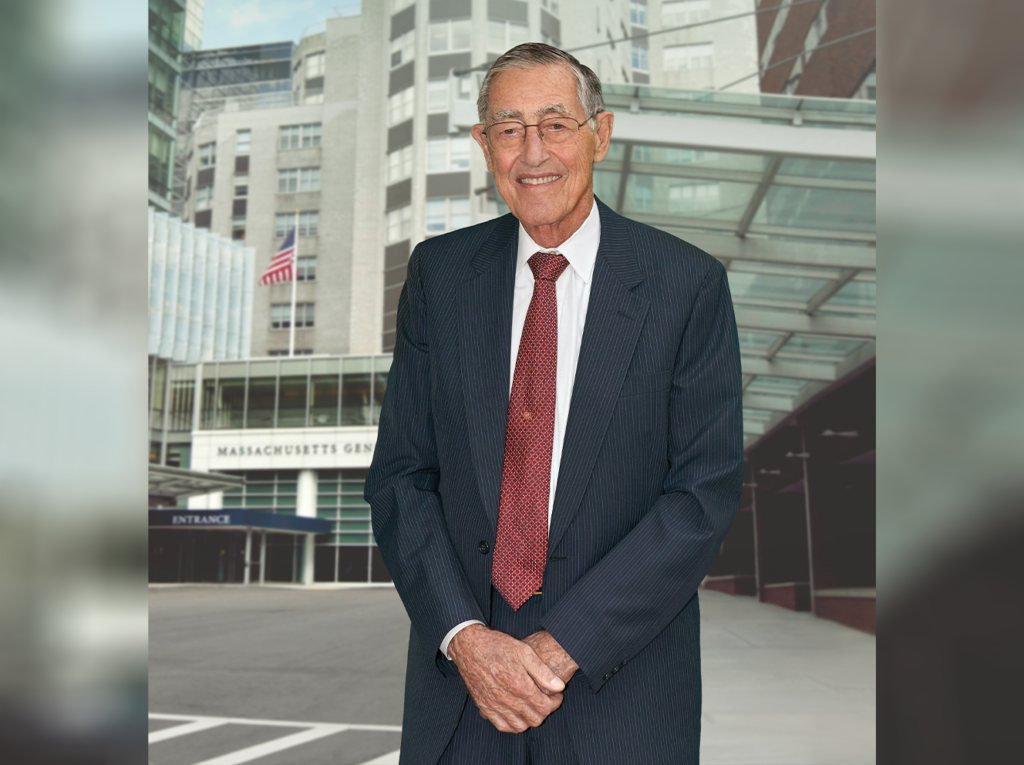Key Takeaways
In 1895, the accidental discovery of the x-ray by German physicist Wilhelm Rontgen sparked a frenzy as physicians and scientists around the world scrambled to figure out how to apply this powerful new technology. Only months after Rontgen’s announcement, Walter J. Dodd, an apothecary and photographer at Massachusetts General Hospital, produced the first x-ray exposure in a U.S. hospital. But despite the hype, it would still take decades for the x-ray to be fully understood and integrated into everyday care.
The same might be said for genomic medicine. When the first map of the human genome was completed in 2003, physicians and scientists touted the many ways this powerful new knowledge set would change medicine. And it has. Almost 20 years later, genomics — the study of a person’s genes and the information they encode — have profoundly changed the way we diagnose, treat, prevent and understand disease. But according to renowned geneticist Heidi Rehm, PhD, we have yet to fully leverage the vast potential of genomic medicine to improve human health.
As the Department of Medicine’s first Chief Genomics Officer, Dr. Rehm is tasked with integrating genomics into everyday care at Mass General. We asked Dr. Rehm about her role, the challenges facing the field and what the future holds.
As Mass General’s first Chief Genomics Officer, how would you describe your mission?
The human genome is a powerful tool to diagnose, treat and prevent disease — but we’re not yet taking full advantage of it. My role is to advance that process — to make genetics and genomics part of the everyday practice of medicine at Mass General. To do that, we need to eliminate the barriers that prevent or complicate the use of genetics in medicine.

Some of those barriers are logistical — like a practitioner not knowing how to order a test. Some are a matter of education — teaching physicians and specialists to recognize situations and scenarios where genetic testing is or isn’t appropriate. And some barriers are related to technology and infrastructure — like how to store and interpret such an incredible amount of data.
Our initial steps have been focused on some of the more straightforward challenges. We’ve developed a common consent form for use across the Mass General Brigham system and established an e-consult service, catering to primary care physicians. But we’re also thinking more broadly about how to engage the community.
How will fully incorporating genomics impact care at Mass General?
Most of the care we provide is still driven by diagnostics. You have a complaint, you see a doctor, they diagnose and treat that complaint. In some cases, the physician might order a genetic or genomic test specific to that complaint, such as a cancer panel — but even those tests are asking just a single question.
We are on the verge of a new era where people will get their genomes sequenced, and that data will influence care across a patient’s entire lifetime. Most people know that the application of genomics provides an opportunity to anticipate disease. But it can also guide care in more immediate ways.
For instance, a patient is exhibiting signs of a stroke and needs to be started on a blood thinner, like warfarin. We could use that patient’s genomic data to determine the appropriate dose of the medication. But for that to happen, the data must be stored and accessible at the point of the care — yet most patients don’t have their genomic data and for those that do, in most cases it is not accessible to doctors in the patient’s medical record.
How do you plan to address the infrastructure issue?
We are working to enable genetic and genomic test results to flow into electronic health records in a way that would make them easily accessible to treating physicians. Efforts are also underway to make these data accessible to scientists which would allow us to quickly transition from clinical to research and back to apply what we learned.
My ultimate goal is for the global community to exchange knowledge about genomic variation and its role in disease in ways that allow all individuals to benefit. Right now, individual health care systems and research programs are creating their own solutions — thousands and thousands of them. For genomic medicine to truly have an impact, these systems need to be linked.
If we could deploy common standards for exchanging de-identified data across all health care and genomic research facilities, the individual institutions could control their own data — protecting patient’s privacy — while also having the interoperability to ask questions, share and learn from each other. If we’re successful, this hub will enable all kinds of innovative solutions, and the benefits would have a meaningful impact for patients around the world.
To find out more how about the power of genomics and how you can help support innovation at Mass General, contact us.

This story is just one example of the groundbreaking efforts taking place at Mass General, home to the largest hospital-based research enterprise in the U.S. — the Mass General Research Institute. The Research Institute encompasses and provides support to thousands of scientists, hundreds of laboratories, and helps to guide, connect and promote this unrivaled community of investigators as they advance the future of medicine, from the bench to the bedside, to the community and world.





